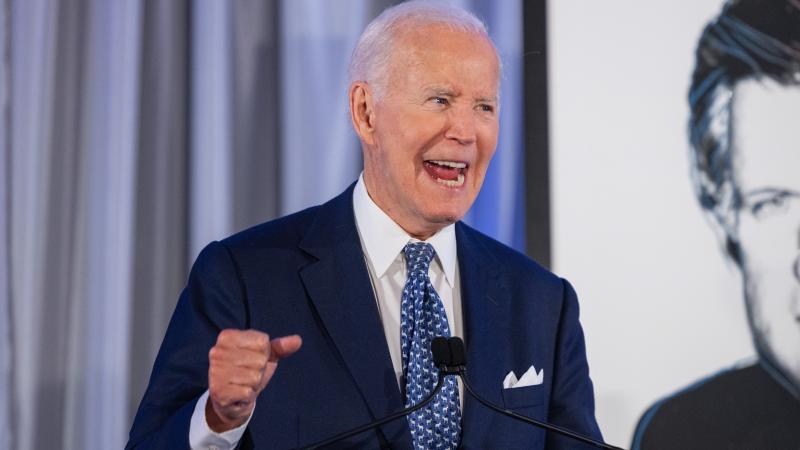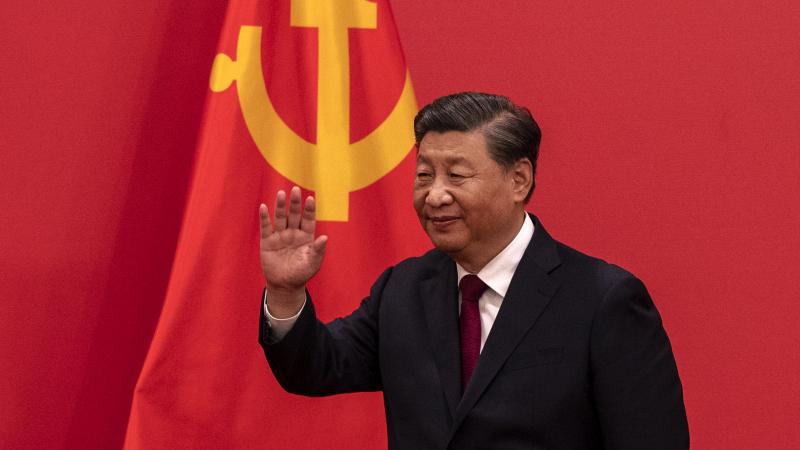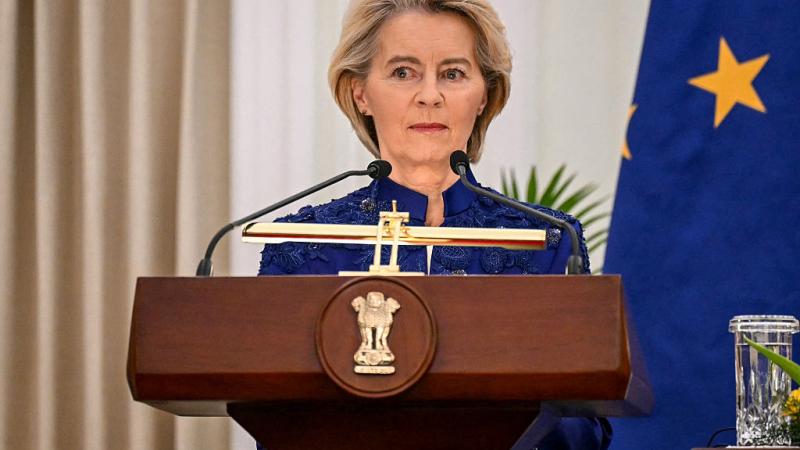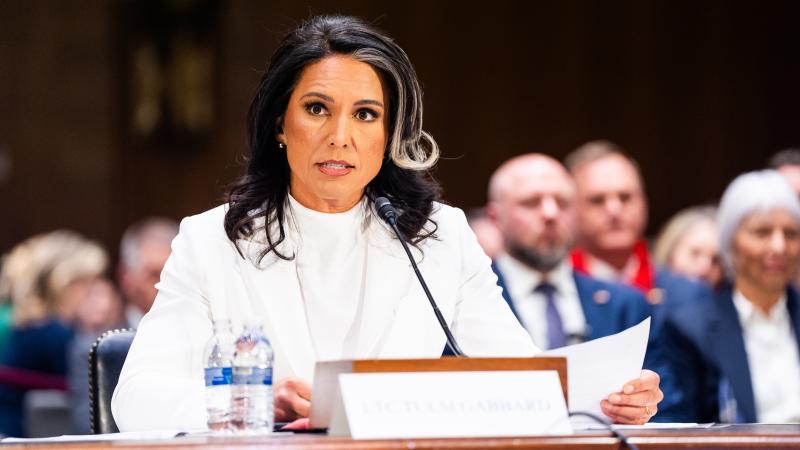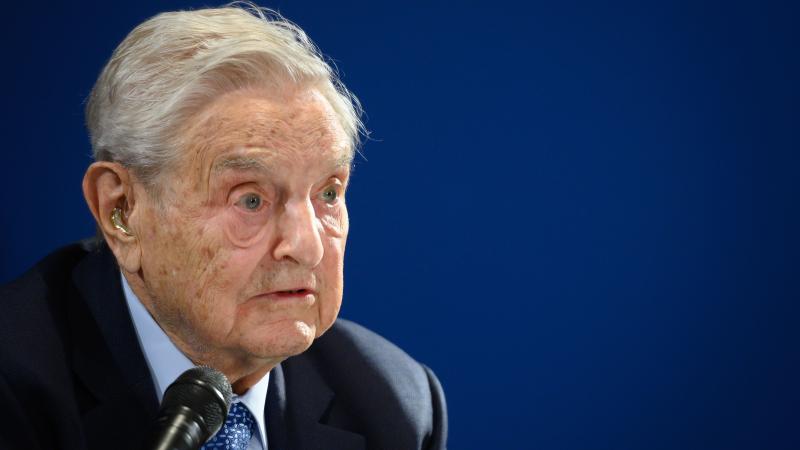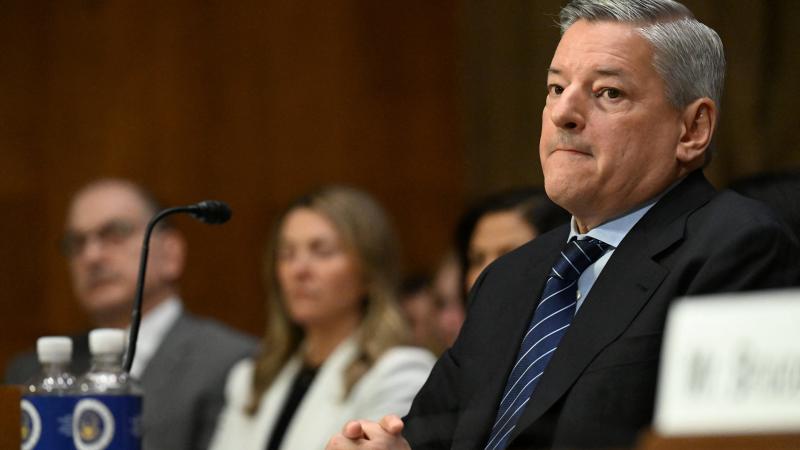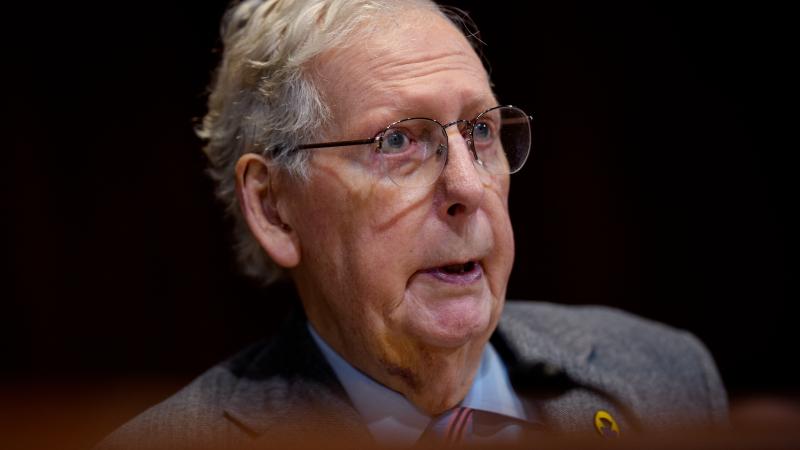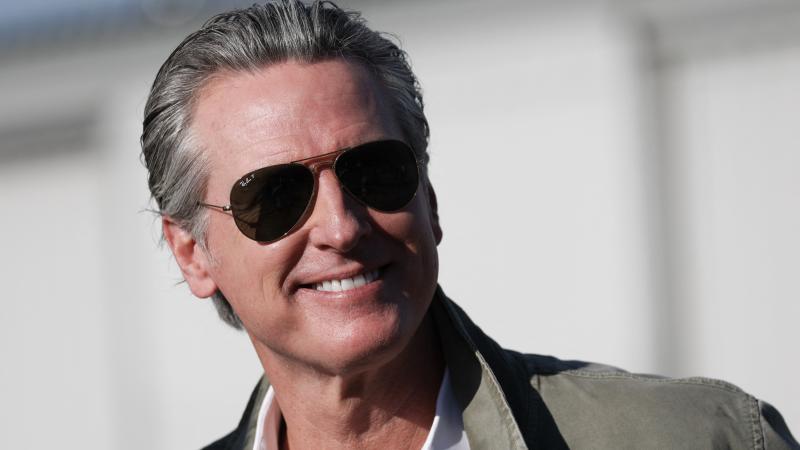Biden rode climate commitment to White House win, then the world got complicated
Surveys repeatedly show Americans remain sharply divided on the issue of climate change
The climate policies that have entered into force during Joe Biden’s presidency are controversial at home, with critical opinions ranging from they cost too much to they're too ambitious much to they are poorly thought out.
Surveys repeatedly show Americans remain sharply divided on the topic. But among international climate campaigners the moves have been like music in their ears.
Disillusioned with the U.S. after it pulled out of the 1997 Kyoto Protocol and the 2015 Paris Agreement – considered the world’s two most important climate-related pacts to date – advocates relished in Biden’s vow to make the U.S. a leader in global efforts to reduce the impacts of a changing climate.
At the moment, over 70,000 delegates and observers including leaders from nearly 200 countries are gathered in Dubai for the United Nations’ annual climate summit (officially, it’s the 28th Conference of the Parties, or COP-28). But Biden is not one of them.
On the agenda: potentially world-changing decisions including ways to incentivize new emissions-tackling technologies and renewable energy sources, negotiating guidelines on the extent to which countries should phase out fossil fuels, and how to come up with funds to help poor countries recover from billions in losses from climate impacts.
But the devil is in the details.
As president, Biden, a Democrat, attended the previous two UN climate summits, COP-26 in Glasgow, Scotland and COP-27 in Sharm el-Sheikh, Egypt. But in Dubai, the U.S. delegation has been headlined by Vice-President Kamala Harris, who has taken the lead for the White House on climate change.
Privately, some delegates and key observers in Dubai have grumbled about Biden’s absence, worrying that may signal that climate was losing its place as a top White House priority.
They said Biden’s presence in Dubai, even briefly (his stop last year in Egypt last year was for just three hours), would give more political heft to the talks.
Others noted that the other big player on climate, China’s Xi Jinping, also skipped the summit.
But with the clock ticking toward the 2024 election and Biden's low voter-approval ratings in a country in which climate usually doesn’t move the dial, his absence is not a surprise.
The wars in Ukraine and Gaza, where the U.S. is helping negotiate for the release of hostages held by Hamas, are also urgent priorities.
Several participants at COP-28 speculated that it would have been difficult for Biden to travel to Dubai without a stop in nearby Israel, something that would not have helped the White House’s new, tougher rhetoric on the war.
Alden Meyer, a senior associate with the international climate think tank E3G, said geopolitical events help make the case for climate action even as they turned the spotlight away from the climate summit.
“With the Ukraine war, Vladimir Putin has shown how energy can be used as a weapon,” Meyer, a veteran of more than three decades of climate talks, told Just the News. “Yes, there are urgent issues taking up geopolitical bandwidth. But these issues are also inter-connected.”
In Dubai, Harris pledged $3 billion in additional funding for the Green Climate Fund, the main mechanism used to help poor countries become more resilient to the impacts of climate change. That is on top of $2 billion the U.S. has already pledged to the fund.
She also said the United States' total spending on climate finance would be $9.5 billion, set to rise to $11 billion next year.
In September, the Treasury Department estimated the country’s budget deficit would be at least $1.7 trillion this year, about 180 times more than the U.S.’s combined pledges to climate-related finance this year.
"Today we are demonstrating through action how the world can and must meet this crisis,” Harris said when announcing the spending totals.
Days earlier, the U.S. was mocked by some climate campaigners for what was hailed as an “embarrassingly small” pledge of just $17.5 million to a new climate damage fund designed to boost countries hit hardest by the climate crisis. That compares to $88 million from COP-28 hosts the United Arab Emirates and $245 million from the European Union.
Eric Lyman is reporting from Dubai.
The Facts Inside Our Reporter's Notebook
Links
- climate policies
- costing too much
- do too much
- poorly thought out
- sharply divided
- 1997 Kyoto Protocol
- 2015 Paris Agreement
- a leader
- United Nationsâ annual climate summit
- world-changing decisions
- COP-26 in Glasgow, Scotland
- COP-27 in Sharm el-Sheikh, Egypt
- weak approval levels
- the White Houseâs new, tougher rhetoric
- Alden Meyer
- pledged $3 billion in additional funding
- budget deficit would be at least $1.7 trillion this year
- Harris said
- the U.S. was mocked



